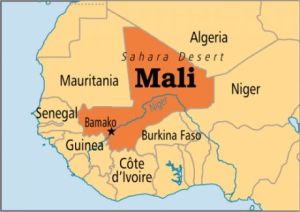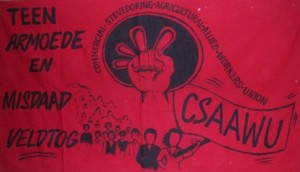Regardless of what is said in the media, the aim of this new war is none other than to strip another country of its natural resources by ensuring access for international companies to do so. What is now happening in Mali with bombs and bullets, is the same thing that is happening in Ireland, Greece, Portugal and Spain through debt bondage.
The French government has stated that:
“it would send 2,500 soldiers to support Malian government soldiers in the conflict against Islamist rebels. France has already deployed around 750 troops to Mali (…) We will continue the deployment of forces on the ground and in the air (…) We have one goal. To ensure that when we leave, when we end our intervention, Mali is safe, has legitimate authorities, an electoral process and there are no more terrorists threatening its territory”. [1]




